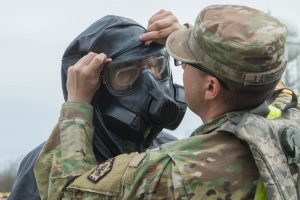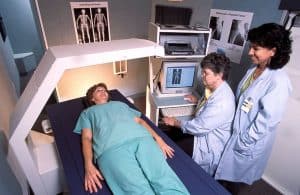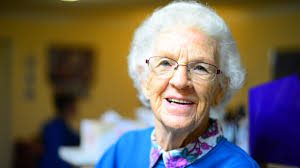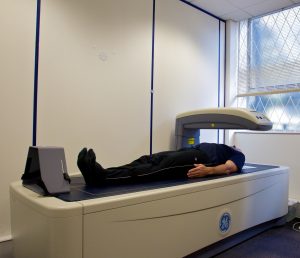Radiation Safety Program Requirements: A Quick Refresher for X-ray Techs
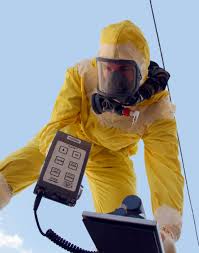
There are certain radiation safety program requirements for healthcare facilities. Staying up-to-date on radiation safety measures is important for X-ray techs. It can help identify potential problems before they lead to a major accident.

